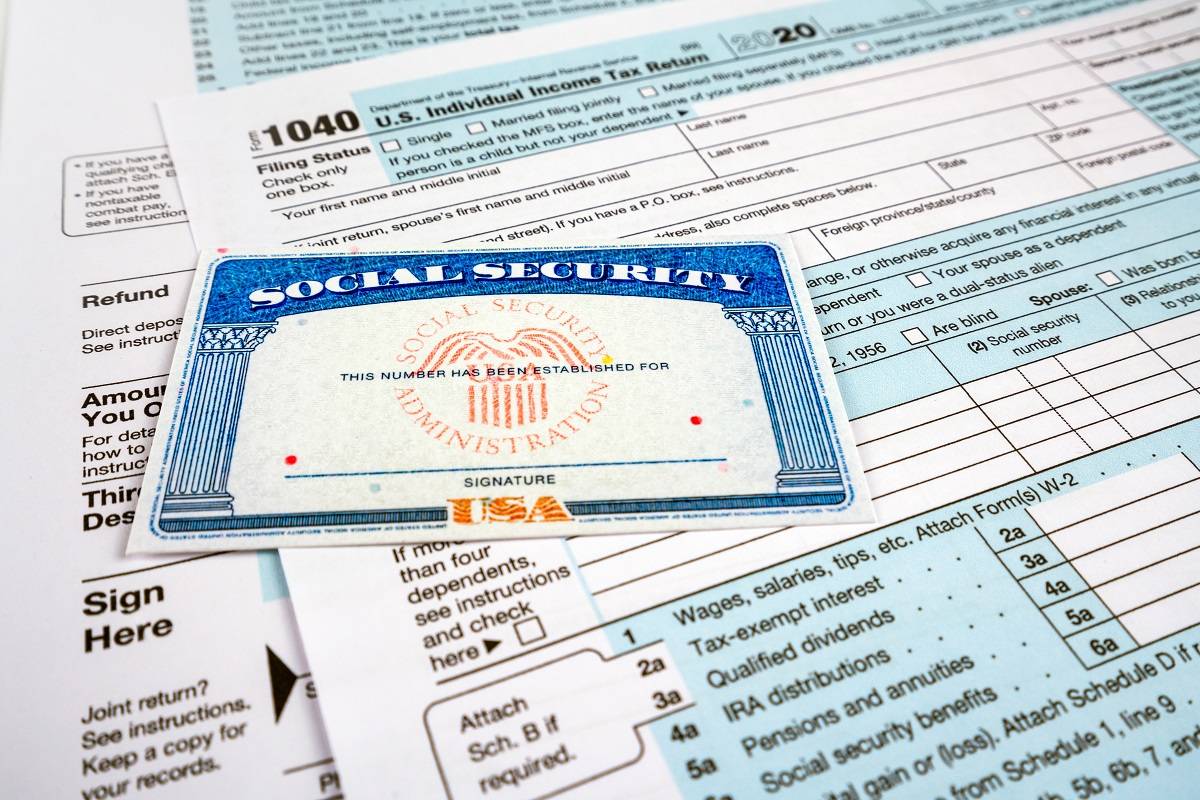The Social Security Administration is a federal agency that provides a variety of services to Americans, including retirement benefits, disability benefits, and more. With over 1,200 offices, Social Security is an important resource for millions. However, many of these offices have been closed to the public due to the pandemic, making it difficult for people to access the needed services.
If you're looking for assistance with your Social Security benefits, you may be wondering whether or not Social Security offices are open for walk-ins. The COVID-19 pandemic has made things difficult for everyone, including those who need help from Social Security.
In this article, we'll look at the current situation and answer some of the most common questions people have about whether or not they can visit a Social Security office in person.
Social Security offices play a crucial role in providing benefits and assistance to millions of Americans every year. Here are some statistics about Social Security offices:
- There are over 1,200 Social Security offices across the United States.
- In 2019, over 43 million people visited a Social Security office for assistance.
- The Social Security Administration employs over 60,000 people to staff these offices and assist visitors.
- In addition to in-person visits, the SSA received over 3 million calls and nearly 3 million online requests for assistance in 2020.
- The most common reasons people visit Social Security offices include applying for retirement benefits, disability benefits, and Medicare enrollment.
These statistics demonstrate the importance of Social Security offices as a resource for Americans who need assistance with their benefits. While the pandemic has created challenges for these offices and their visitors, they continue to play a vital role in providing essential services to those in need.
A Social Security office is a government building where you can get assistance with your Social Security benefits. These offices are staffed by professionals who can help you with a variety of tasks, including:
- Applying for Social Security benefits
- Checking the status of your benefits
- Updating your personal information
- Changing your direct deposit information
- Requesting a replacement Social Security card
Are Social Security offices open for walk-ins?
Yes, Social Security offices are currently open for walk-ins, but some restrictions are in place due to the pandemic. While you can still visit an office in person, it's recommended that you make an appointment before you go. This will help ensure that there are no long wait times or overcrowding in the office.
What are the restrictions in place?
There are a few restrictions in place for people who visit a Social Security office in person. Some of the most important restrictions include:
- Masks are required for all visitors and staff
- Social distancing guidelines must be followed
- Offices may limit the number of people inside at one time
- Some services may be limited or unavailable
How can I make an appointment?
To make an appointment at a Social Security office, call the SSA's toll-free number at 1-800-772-1213. When you call, you can schedule an appointment at your nearest office. You can also make an appointment online through the SSA's website.
What if I can't visit an office in person?
If you can't visit a Social Security office in person, there are still other ways to get assistance. The SSA offers a variety of online services, including:
- Applying for benefits
- Checking your benefits status
- Changing your direct deposit information
- Requesting a replacement Social Security card
Frequently Asked Questions
- Can I still apply for Social Security benefits during the pandemic?
Yes, you can still apply for Social Security benefits during the pandemic. You can apply online, by phone, or by mail.
- Will my Social Security benefits be affected by the pandemic?
No, your Social Security benefits will not be affected by the pandemic. However, some services may be limited or unavailable.
- Can I still get a replacement Social Security card during the pandemic?
Yes, you can still request a replacement Social Security card during the pandemic. You can do this online, by mail, or by visiting an office in person.
- Can I get assistance with my benefits over the phone?
Yes, you can get assistance with your benefits over the phone by calling the SSA's toll-free number at 1-800-772-1213.
- Do I need an appointment to visit a Social Security office?
While appointments are recommended, you can still visit a Social Security office in person without one.
Social Security offices are open for walk-ins, but it's important to make an appointment before you go. This will help ensure that you receive the assistance you need in a timely manner while keeping you safe and healthy during the pandemic. If you're unable to visit an office in person, there are still plenty of online services available that can help you get the assistance you need.
If you have any further questions or concerns about Social Security offices and their availability during the pandemic, don't hesitate to contact the SSA's toll-free number or visit their website. With some preparation and knowledge, you can still receive the help you need with your Social Security benefits.
If you wish to learn more about grants that can help you pay your debt, read through more of our blogs at Gov-relations today.





